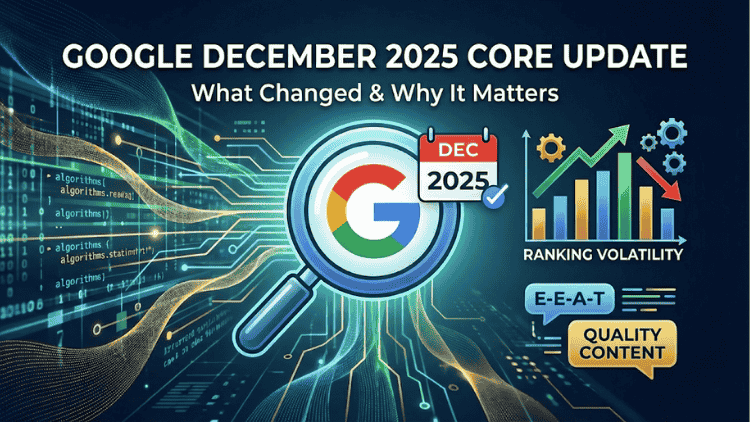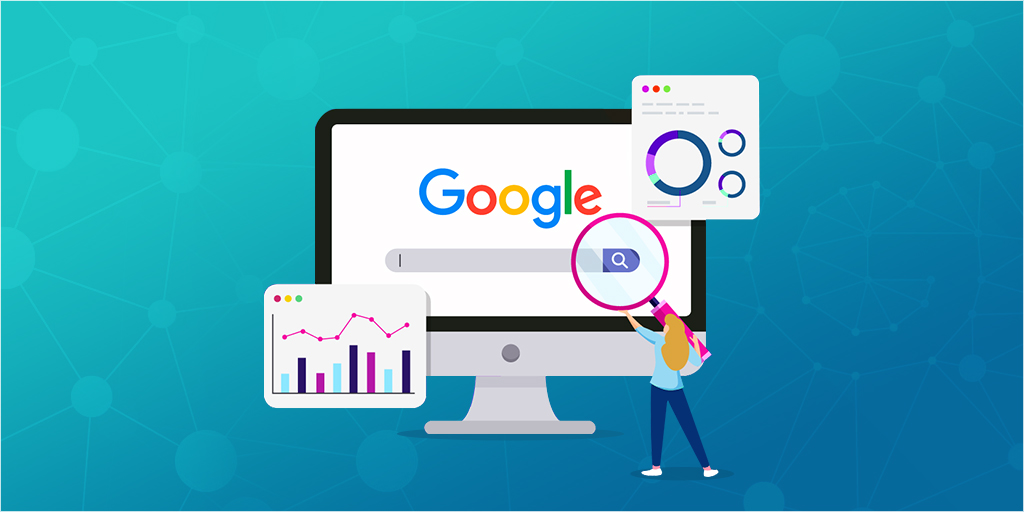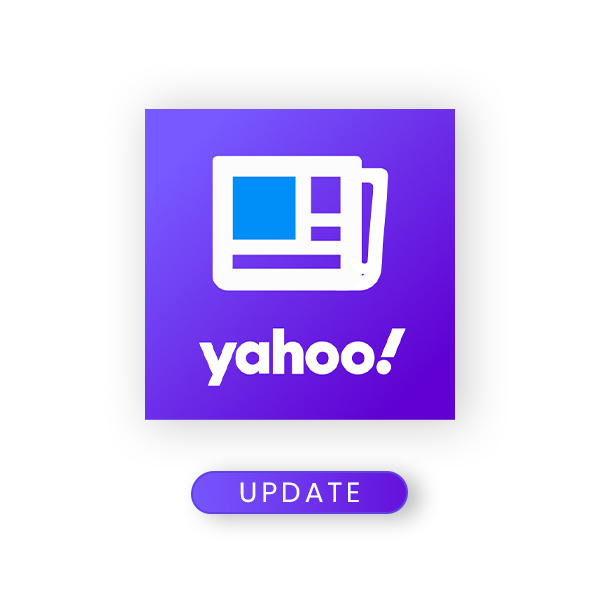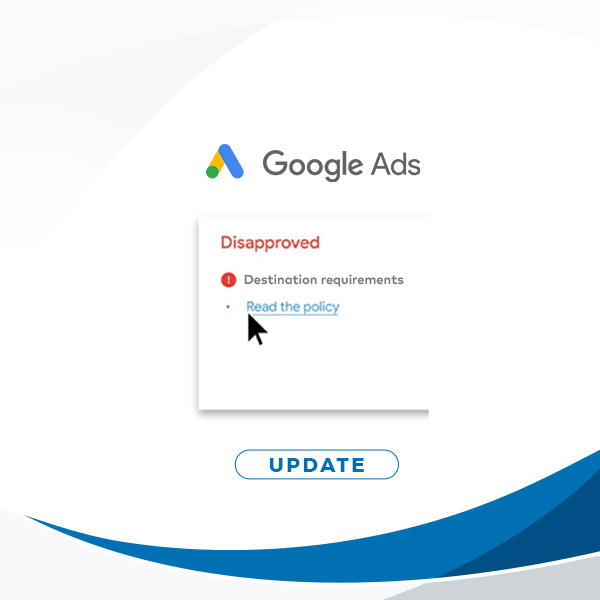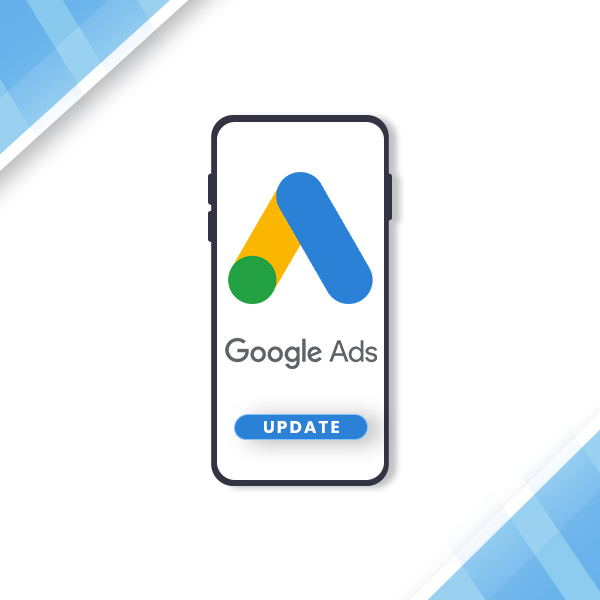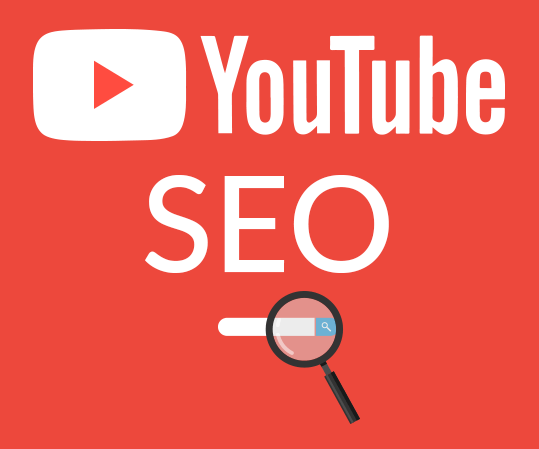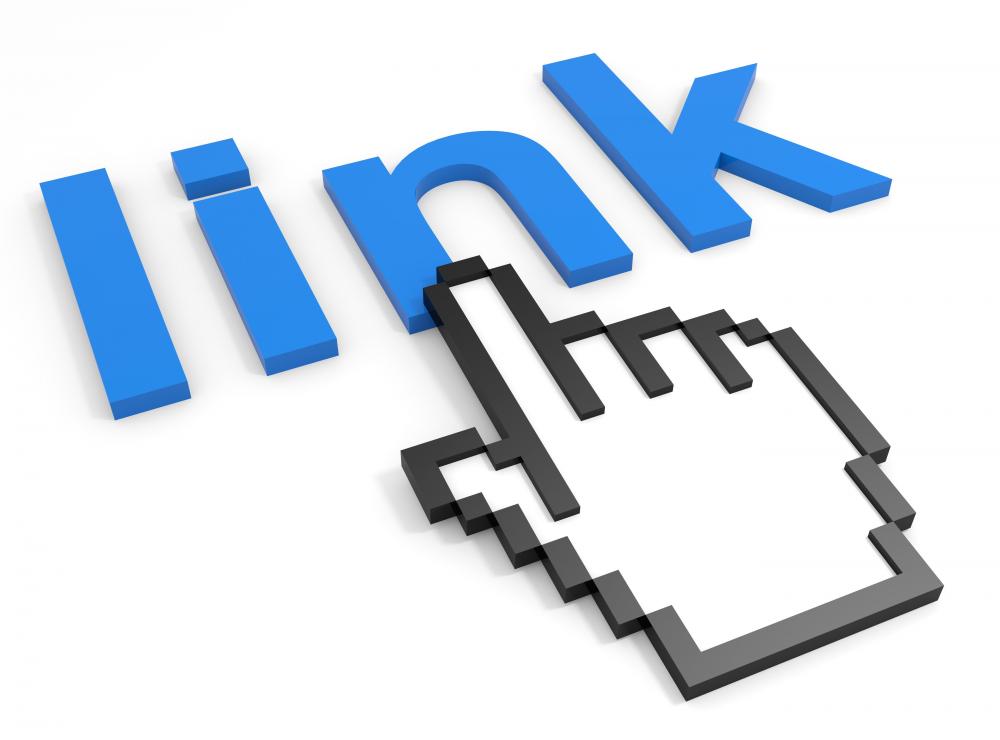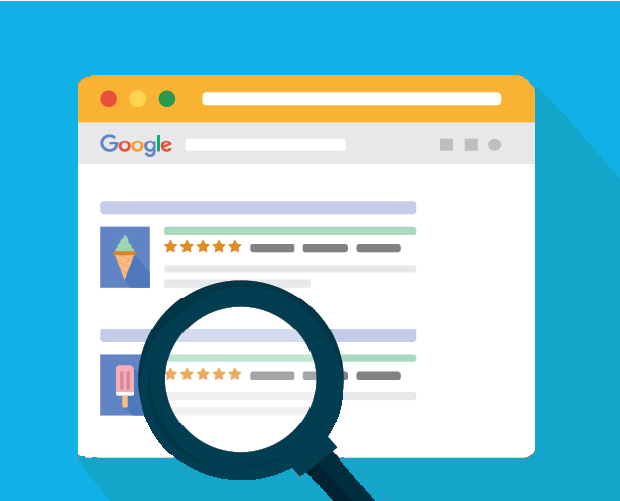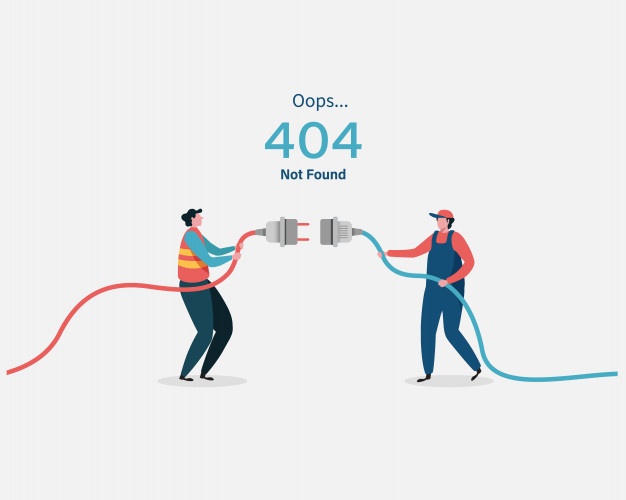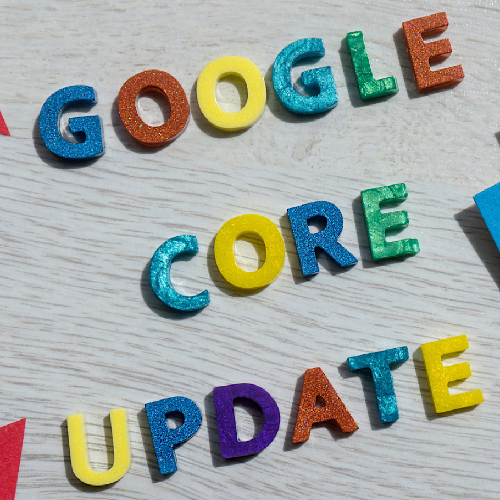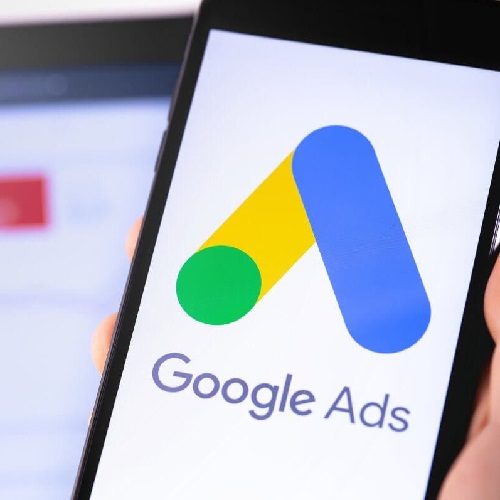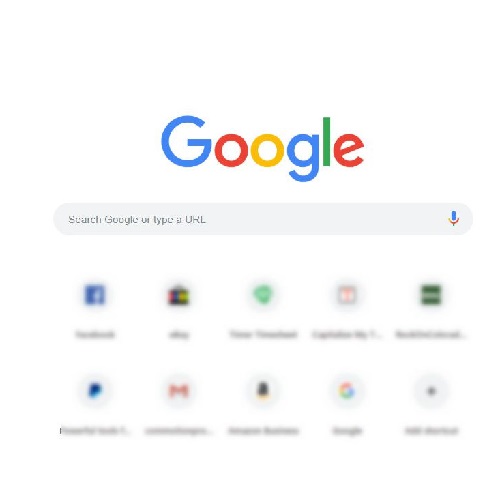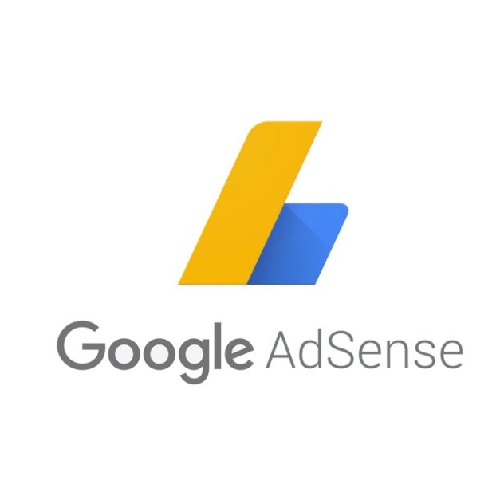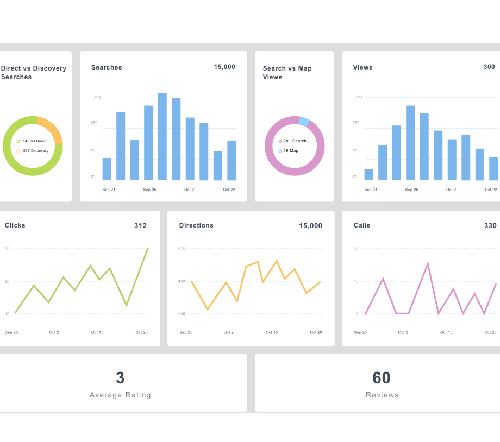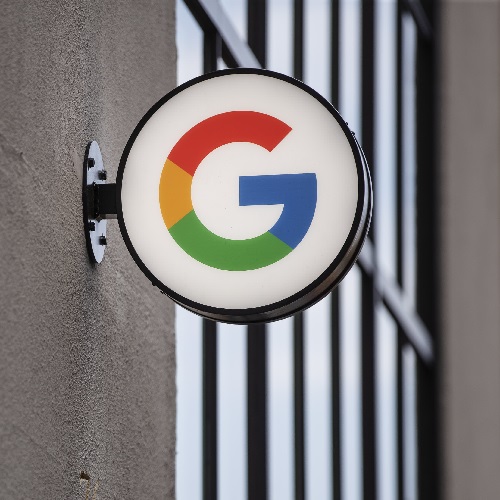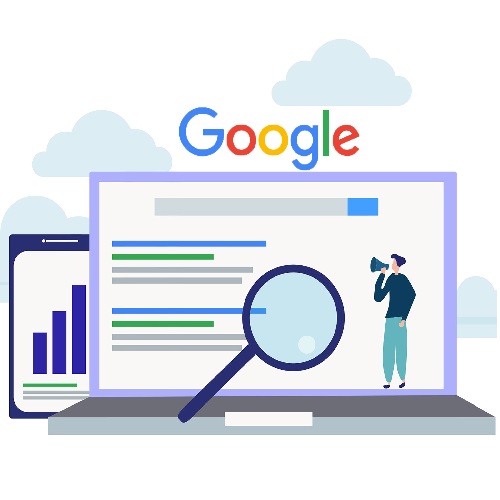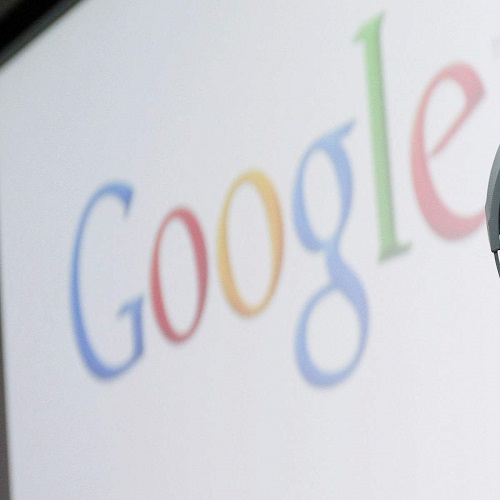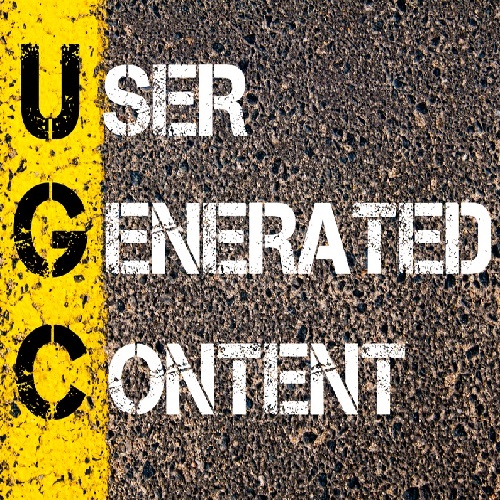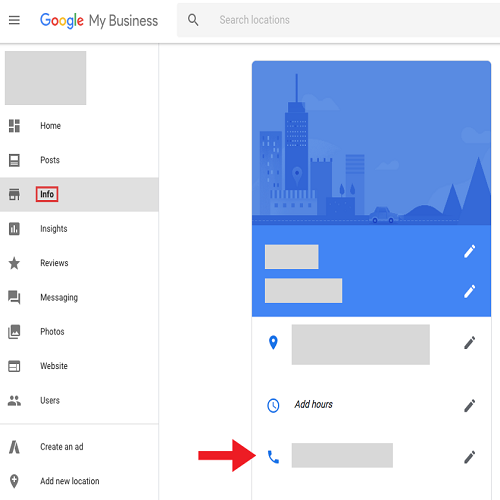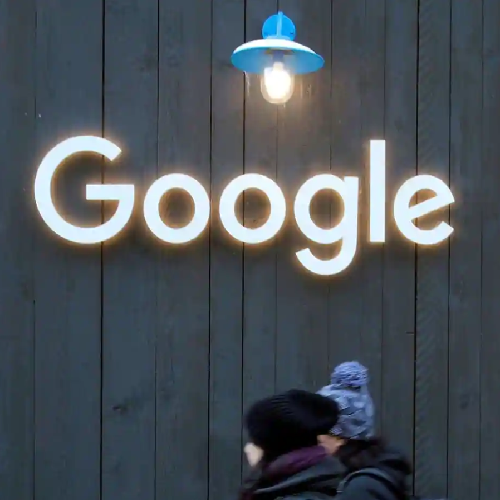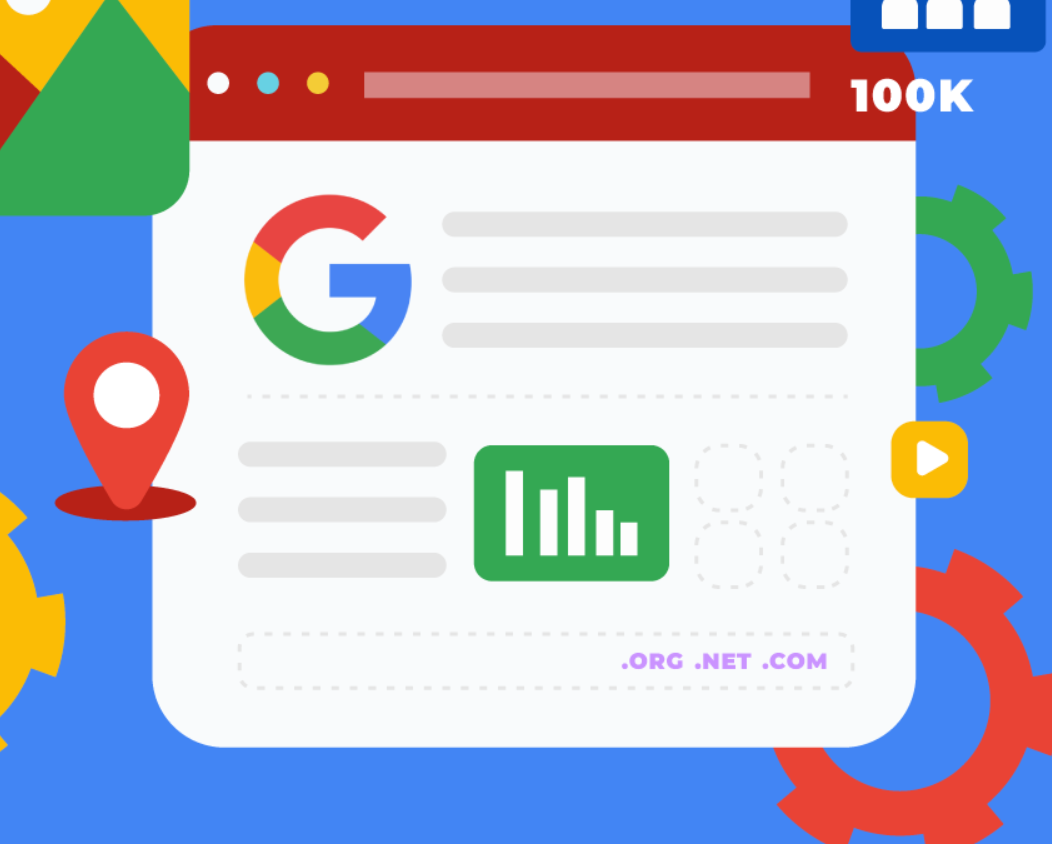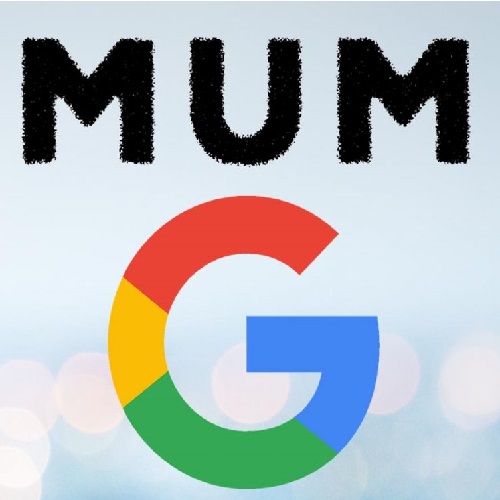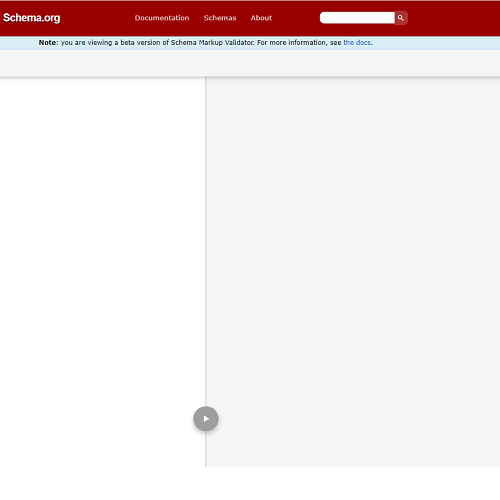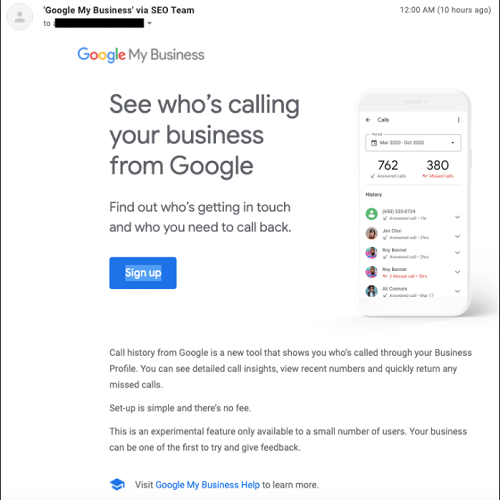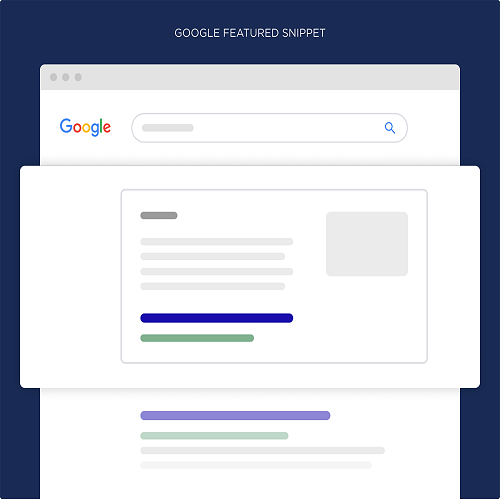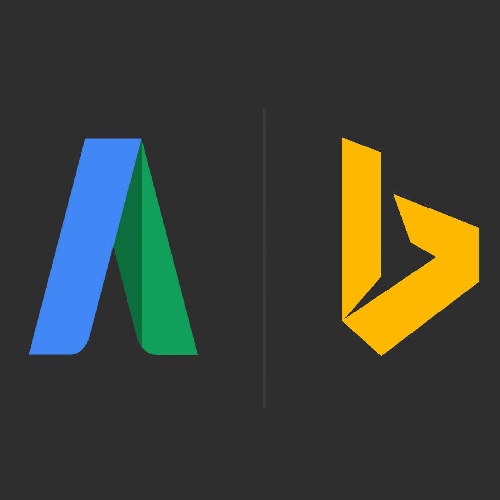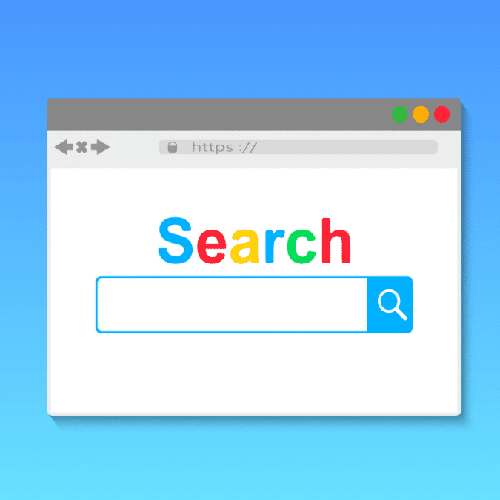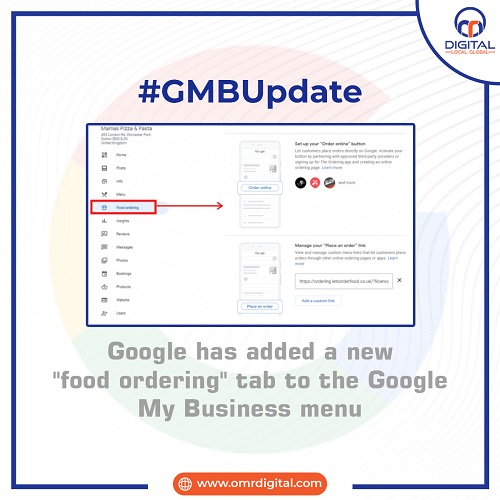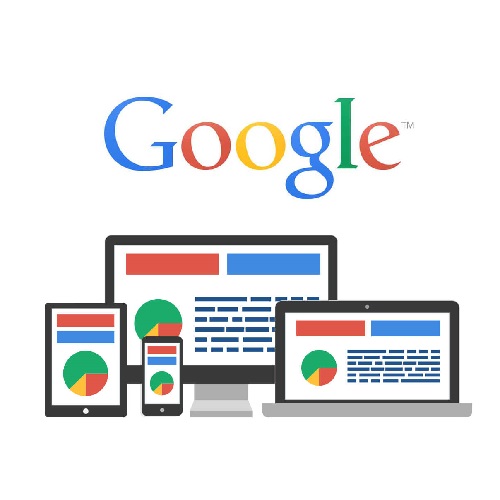Contact Us
Related Posts
Category

The post-election messaging is anticipated to be significantly affected as Google announces temporary restrictions on political advertising related to the US elections. The restrictions would be in effect after the last polls close on Election Day.
Details
- Restriction Initiation: After polls close on 5 November 2024.
- Scope: Restrictions would be extended to all ads and other broader election-related content (such as election-related processes, election outcomes, and more). The restrictions will prohibit election-related ads on Google platforms, such as Google Ads, YouTube, Shopping ads, and more.
- Exception: The restrictions will not extend to the public information campaign ads run by state or federal government bodies responsible for administering election processes.
- Duration: Temporary, with no specified end date.
Case Synopsis
The ban on election ads is occurring for the second time after the 2020 Presidential elections. The 2020 ban was practiced by various social media platforms such as Facebook, and Instagram. Such initiatives are aimed to limit any misfortunes caused by to spread of misinformation about the results. The ban aligns with the responsible political advertising of Google, which ensures all political ads and destinations comply with local legal requirements, regarding campaigns and election laws, during the mandated election ‘silence periods’ for any geographic areas they target.
The crucial duration that immediately follows the election is essential to the shaping of the narratives of the election outcomes among the masses, and the agenda formulation and execution by various political parties and groups.
The restriction would act as a precautionary measure to limit the potential for confusion, as it is expected that the votes would be counted after Election Day, as was the case of the 2020 presidential elections when Biden’s win was confirmed after an influx of postal voting during COVID-19.
However, Google has different requirements for political and election advertising based on region. In some regions, election ads may run, provided the advertiser is verified by Google. Additionally, such election ads are subject to disclosure requirements and targeting restrictions. Thus, would be worth registering how political campaigns would be adjusted to meet the advertising strategies, and the final duration of the duration of the ban. Also, how the potential impact of public disclosure of election results, would account for the ban’s credibility.

The post-election messaging is anticipated to be significantly affected as Google announces temporary restrictions on political advertising related to the US elections. The restrictions would be in effect after the last polls close on Election Day.
Details
- Restriction Initiation: After polls close on 5 November 2024.
- Scope: Restrictions would be extended to all ads and other broader election-related content (such as election-related processes, election outcomes, and more). The restrictions will prohibit election-related ads on Google platforms, such as Google Ads, YouTube, Shopping ads, and more.
- Exception: The restrictions will not extend to the public information campaign ads run by state or federal government bodies responsible for administering election processes.
- Duration: Temporary, with no specified end date.
Case Synopsis
The ban on election ads is occurring for the second time after the 2020 Presidential elections. The 2020 ban was practiced by various social media platforms such as Facebook, and Instagram. Such initiatives are aimed to limit any misfortunes caused by to spread of misinformation about the results. The ban aligns with the responsible political advertising of Google, which ensures all political ads and destinations comply with local legal requirements, regarding campaigns and election laws, during the mandated election ‘silence periods’ for any geographic areas they target.
The crucial duration that immediately follows the election is essential to the shaping of the narratives of the election outcomes among the masses, and the agenda formulation and execution by various political parties and groups.
The restriction would act as a precautionary measure to limit the potential for confusion, as it is expected that the votes would be counted after Election Day, as was the case of the 2020 presidential elections when Biden’s win was confirmed after an influx of postal voting during COVID-19.
However, Google has different requirements for political and election advertising based on region. In some regions, election ads may run, provided the advertiser is verified by Google. Additionally, such election ads are subject to disclosure requirements and targeting restrictions. Thus, would be worth registering how political campaigns would be adjusted to meet the advertising strategies, and the final duration of the duration of the ban. Also, how the potential impact of public disclosure of election results, would account for the ban’s credibility.

